“Stop,” I said aloud. I shook my head firmly. I shouldn’t be thinking such things and filling my head with crazy ideas. I had a good life—I had enough to eat, a cloak to keep me—well, if not warm—to keep me from freezing. I had shoes on my feet. I had a father who was quiet, but who I knew loved me in his own way. I had a brother I cared about and who didn’t tease me too much. And I had the freedom to walk about on this cold morning, looking for ice berries, instead of spending my life wasting away in the foul ore mines inside the mountain. That was what it was to be blessed.
I knew that was all true—how could I not know it? I’d been told it over and over by my father for years. And lately my brother had taken up the same rhetoric. He’d started a couple of years ago, maybe in preparation for taking on his role as guardian of the Northern Peak.
So why didn’t I feel grateful?
My step slowed as I considered this. I thought about my father and the way he looked at the mountain each day. It was a look of awe, but not of wonder. He said it was a great honor to serve the mountain, but sometimes it looked more like a heavy burden. And what did that mean for my future?
Surely there had to be more to life than following in the footsteps of my ancestors simply because that’s what I’d been told to do. Because that was the way it was always done before.
I looked up, pulled from my thoughts by the sound of rapidly running steps that could only mean one thing—hooves. I stopped for a moment to listen as an unseen group of mountain deer ran through the ragged underbrush somewhere up ahead.
Hunting was allowed in the woods, though not in the Shadow Veil—not that anyone would venture in to try. But I rarely spotted hunters. There wasn’t much point. There were very few animals to hunt no matter where a hunter looked.
There had been a change in the weather over the last few decades or so, and the change drove much of the game away, leaving behind only the elusive mountain deer and a few small creatures that rarely darted out of the Shadow Veil. The few remaining animals had been overhunted for years, which made the populations shrink smaller and smaller, creating a vicious cycle of borderline starvation for the people of the valley.
Which is yet another reason I should feel blessed, I thought as I gripped my basket tighter. Our family got more generous rations than anyone else in the village. We received the offerings from the Elder of the village, who hobbled halfway up to our cabin every month. My father would meet her halfway and bring the basket of food and fabrics back to the cabin.
I knew I should be happy about this—it wasn’t much, but I was never truly hungry—but I didn’t feel happy. Lately, all I’d felt was guilt. And every time I saw a hollow-cheeked villager and watched as they walked away or avoided eye contact, that only fueled the guilt and anger. I didn’t truly know what it meant to be the guardian of the mountain, but my life felt easy when I compared it to the lives of the villagers. So it didn’t seem fair that my family and I were rewarded while the villagers of Carin suffered more and more each passing year.
“But that’s the way it is because that’s the way it’s always been,” I said grimly to myself as I walked quickly down the path. That was a quote from my father, and I said it to myself when I was in an especially dark mood because it always made me angry to hear the words.
Looking down at my feet, I realized I had drifted off the path and toward the river once more. I stopped as I reached the edge and looked out. The ice was thinner here. I could see the water rushing below the thin sheet of ice, and I knew I couldn’t risk walking on it.
Reaching a toe out, I put pressure on the ice just for the satisfaction of watching the cracks form and race across the surface. If I thought back, I could remember a time when the entire river would freeze in the winter season. But thinking about it now, that seemed like a very long time ago.
That had been before my mother died.


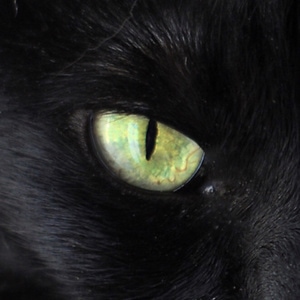
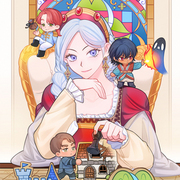
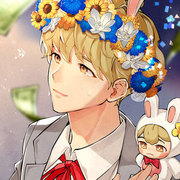
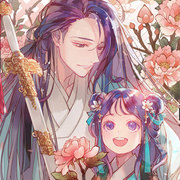
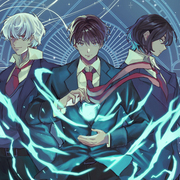
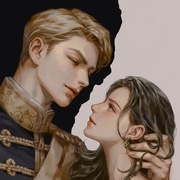
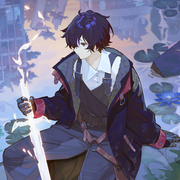

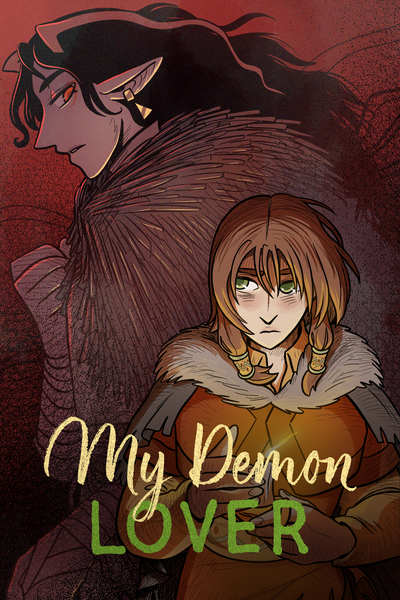
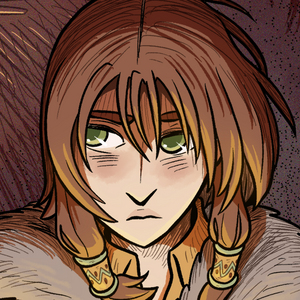
Comments (4)
See all